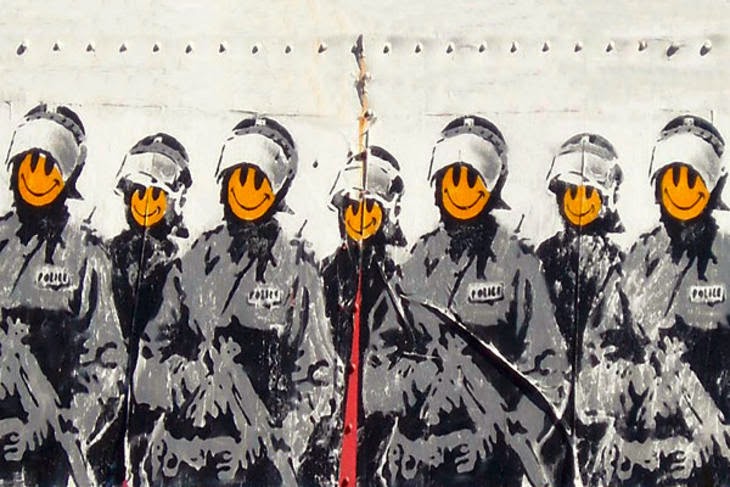The shrewd administrator and extremely accidental pope Urban II toured France and Italy, mostly to set aright the balance of the respective domains of Church and State—not to pull the twain asunder nor to eschew the clerics’ civic responsibility, which most would describe as meddling—by putting the secular powers firmly in their place. Urban was heir to the battle royale of the wills between the papacy and the imperial throne. His predecessor Pope Gregory VII had excommunicated Emperor Henry IV for his attempts to circumvent Church authority by giving out (or rather selling, what’s known as simony) religious offices as sort of grace-and-favour rewards to his loyal nobles.
 Such facets of the complicated geo-politics of the day (and the Muslims surely had their own sectarian and sacred and mundane intrigues to contend with and spin as well) were too bothersome to try to extract, so in the year 1095 with fire-and-brimstone Urban rallied the crowds to commit themselves to retaking the lands lost in the Eastern Empire—and, with spot-on improvisational skills, the Holy Land itself—with tales, harking back to the worse atrocities magnified of the mad caliph. Urban attached a grave urgency to this holy campaign, as churches were being desecrated and pilgrims tortured and executed—a pilgrimage being a popular way to atone for one’s sins, though Canossa was not arduous enough to impress Pope Gregory. The pope hoped to let his convocation germinate and give the feudal lords the chance to assemble men and supplies, but perhaps his speech was a little too persuasive, as instead of under the leadership warrior-bishops or the knights of those newly created recruiting orders (the Hospitallers, the Templars, the Teutons or the Maltese) the peasants marched off at their own accord, infused with righteous indignation. Some forty thousand massed in Köln and headed towards Constantinople. Along the way, I suppose to vent some aggressions and prime themselves for combat, they burned synagogues and harassed the Jewish population. Shamed into quick action and more importantly, deprived of the serf labour force needed to work the land and provide protection, the armies of the nobility marched the other direction, towards Jerusalem on their crusade—the peasants having all been captured or killed in their zeal by the Turks.
Such facets of the complicated geo-politics of the day (and the Muslims surely had their own sectarian and sacred and mundane intrigues to contend with and spin as well) were too bothersome to try to extract, so in the year 1095 with fire-and-brimstone Urban rallied the crowds to commit themselves to retaking the lands lost in the Eastern Empire—and, with spot-on improvisational skills, the Holy Land itself—with tales, harking back to the worse atrocities magnified of the mad caliph. Urban attached a grave urgency to this holy campaign, as churches were being desecrated and pilgrims tortured and executed—a pilgrimage being a popular way to atone for one’s sins, though Canossa was not arduous enough to impress Pope Gregory. The pope hoped to let his convocation germinate and give the feudal lords the chance to assemble men and supplies, but perhaps his speech was a little too persuasive, as instead of under the leadership warrior-bishops or the knights of those newly created recruiting orders (the Hospitallers, the Templars, the Teutons or the Maltese) the peasants marched off at their own accord, infused with righteous indignation. Some forty thousand massed in Köln and headed towards Constantinople. Along the way, I suppose to vent some aggressions and prime themselves for combat, they burned synagogues and harassed the Jewish population. Shamed into quick action and more importantly, deprived of the serf labour force needed to work the land and provide protection, the armies of the nobility marched the other direction, towards Jerusalem on their crusade—the peasants having all been captured or killed in their zeal by the Turks.













